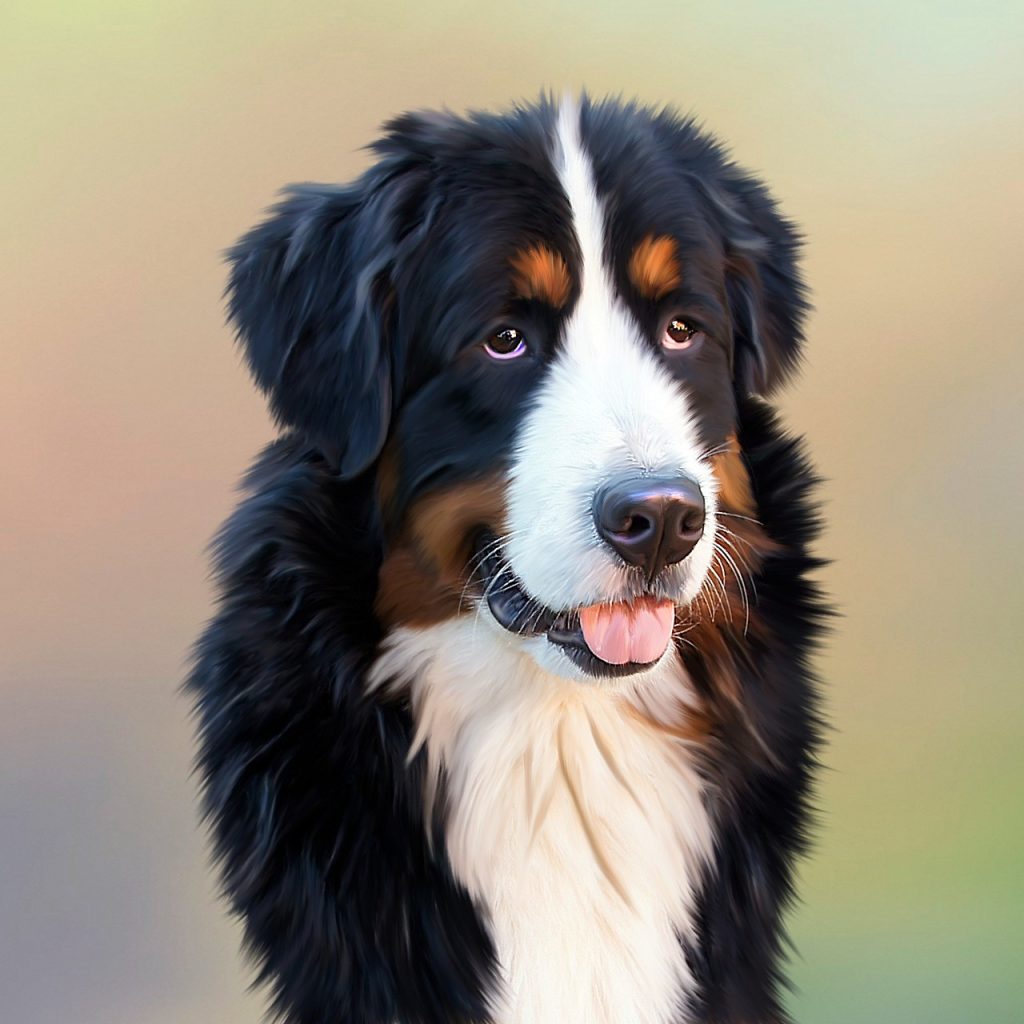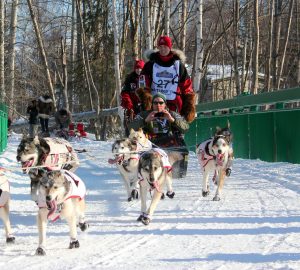
What is a Bernese Mountain Dog?
The Bernese Mountain Dog is a large, sturdy breed originally used by farmers in the Swiss Alps. Known for their strength and endurance, Berners were bred to herd cattle, pull carts, and act as watchdogs. Over time, they’ve evolved into loving family companions who thrive on attention and outdoor activities.
Key Characteristics of Bernese Mountain Dogs
- Weight: 70-115 lbs
- Height: 23-28 inches
- Life Expectancy: 7-10 years
- Temperament: Loyal, affectionate, good-natured
- Coat: Thick, long, tri-color (black, white, rust)
Temperament and Behavior
Bernese Mountain Dogs are known for their calm demeanor and friendly disposition. Despite their size, they are incredibly gentle with children, making them an ideal family pet. However, due to their size and strength, proper training and early socialization are crucial to ensure they are well-behaved.
Are Bernese Mountain Dogs Good with Children?
Absolutely! Berners are known for their patience and protective nature, making them excellent companions for families with young children. They are gentle, tolerant, and love to be involved in family activities.
Bernese Mountain Dog vs. Other Breeds
When choosing a dog, it’s important to consider how a breed compares with others, especially if you’re looking for specific traits like size, temperament, or energy level. Here, we’ll compare the Bernese Mountain Dog with some popular breeds.
Bernese Mountain Dog vs. Golden Retriever
Both Bernese Mountain Dogs and Golden Retrievers are known for their friendly and affectionate personalities, but there are key differences between the two.
- Size: Berners are significantly larger, often weighing twice as much as a Golden Retriever.
- Coat: While both breeds have long, shedding coats, Golden Retrievers typically have a lighter coat, whereas Berners sport a distinct tri-color pattern.
- Energy Level: Golden Retrievers tend to be more energetic and are better suited for active owners, while Bernese Mountain Dogs are more laid-back and enjoy moderate activity.
For more information on Golden Retrievers, check out this detailed Golden Retriever guide.
Bernese Mountain Dog vs. Saint Bernard
These two giant breeds are often compared due to their size and history as working dogs in cold climates.
- Size: Both breeds are large, but Saint Bernards tend to be slightly larger.
- Temperament: While Bernese Mountain Dogs are known for their gentle, friendly nature, Saint Bernards are also known to be patient but can be more independent.
- Exercise Needs: Both breeds require regular exercise but prefer short bursts of activity rather than extended, high-energy play sessions.
Explore more about Saint Bernards in this Saint Bernard breed guide.
Bernese Mountain Dog vs. Newfoundland
Newfoundlands are another large, fluffy breed, but they are distinct from Berners in several ways.
- Coat and Grooming: Newfoundlands have a water-resistant double coat, while Berners have a thick, long coat that requires regular brushing to prevent matting.
- Temperament: Both breeds are known for their loyalty and calm demeanor. However, Newfoundlands are particularly known for their excellent swimming ability and are sometimes referred to as “lifeguard dogs.”
- Training: Newfoundlands tend to be a bit more independent, while Bernese Mountain Dogs are eager to please, making them slightly easier to train.
Read more on the Newfoundland breed in this Newfoundland dog guide.
Health Considerations for Bernese Mountain Dogs
Unfortunately, Bernese Mountain Dogs are prone to several health issues, which contribute to their relatively short lifespan of 7-10 years.
Common Health Problems
- Hip Dysplasia: This is a common issue in large breeds where the hip joint doesn’t fit properly, leading to arthritis and pain.
- Cancer: Berners have a higher-than-average rate of cancer, particularly mast cell tumors and histiocytic sarcoma.
- Bloat: Like many large breeds, Bernese Mountain Dogs are prone to gastric dilatation-volvulus, or bloat, a life-threatening condition that requires immediate attention.
Regular Vet Care
Routine vet check-ups are essential to catch any health issues early. Proper nutrition, exercise, and weight management also play a key role in maintaining the health of your Bernese Mountain Dog. For tips on caring for large breeds, check out this guide to large dog care.
Exercise and Grooming Needs
Despite their size, Bernese Mountain Dogs are not as high-energy as some other breeds, but they still require regular exercise to stay healthy and happy.
Exercise
Daily walks and moderate playtime will suffice for most Berners, but they also enjoy activities like hiking or pulling carts, which taps into their working dog heritage.
Grooming
Bernese Mountain Dogs have a thick, double coat that requires regular grooming to avoid matting. They shed heavily, especially during the shedding seasons (spring and fall). It’s recommended to brush their coat several times a week and bathe them occasionally.
Is a Bernese Mountain Dog Right for You?
Bernese Mountain Dogs are a wonderful choice for families, especially those who have ample outdoor space and the time to dedicate to training and grooming. Their calm, affectionate nature makes them excellent companions, but their size and grooming needs may not be suitable for every home.
If you’re looking for a gentle giant who will shower you with love and loyalty, the Bernese Mountain Dog might just be the perfect breed for you.
Conclusion
The Bernese Mountain Dog is a beautiful, loyal breed that excels as both a working dog and a family companion. While their size and health concerns can be a challenge, their affectionate nature and calm temperament make them worth the effort for many dog lovers. Whether you’re comparing them to Golden Retrievers, Saint Bernards, or Newfoundlands, Berners stand out for their friendly, gentle disposition.
If you’re thinking of adopting a Bernese Mountain Dog, ensure you have the time, space, and resources to care for such a large and loving breed.
For more information on adopting a Bernese Mountain Dog, visit the Bernese Mountain Dog Club of America or check out local rescue organizations.





